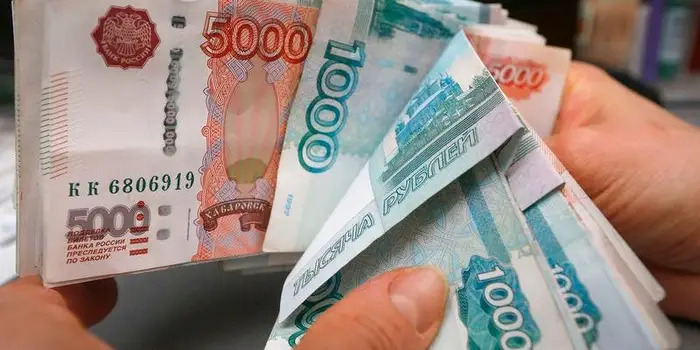The Caspian region’s largest and wealthiest economy may soon switch to local currencies for trade transactions with Egypt.
In an interview with RIA Novosti on Monday, Deputy Prime Minister Victoria Abramchenko said Russia is considering selling wheat to Egypt, in exchange for Russian rubles in lieu of the United States dollar.
She noted that the Central Bank is now negotiating with the regulators of other countries on the mechanism of such mutual settlements.
“As a last example, I can cite just a deal with Türkiye on food supplies, when the payments were made in rubles. The first swallow was successful. We are also starting to work out such a transition with them [Egypt],” said Abramchenko.
She went further to say that grain, vegetable oil, and fatty products are in the most demand in this matter.
"We don't sell the latter in rubles yet, but we are working on that issue. For us, settlements in rubles are one of the priorities," she stressed.
Abramchenko pointed out that not only Gazprombank but also Rosselkhozbank will participate in such transactions in the future, which is, according to her, one of the conditions outlined in the grain deal.
Youmna El Hamaki, an economics professor at Cairo’s Ain Shams University, believes that Egypt would benefit from switching to paying for grain imports from Russia in rubles since it would assist in tempering the rise in the dollar's value relative to its national currency.
“The volume of trade exchange between Egypt and Russia is estimated at $5 billion, which I consider a poor figure compared to the size of the two countries and the opportunities for economic cooperation,” TASS quoted Youmna El Hamaki as saying on Monday.
“This decision will benefit not only the wheat trade, despite its special importance for Egypt, but other equally important areas of economic cooperation as well,” she said, adding that the import of wheat in Russian rubles may resolve the crisis of the foreign exchange reserve.
Using national currencies became a long-term priority for Russia, which had been hit repeatedly with sanctions by the United States and the European Union since 2014, primarily due to the conflict in Ukraine.
Russia and some members of the Eurasian Economic Council already use national currencies in international trade transactions. Moscow has currency swap agreements with countries under US sanctions and other trade restrictions, such as China and Iran.
Russia has been using its System for Transfer of Financial Messages (SPFS) since 2015, shortly after the West threatened to cut it off from the SWIFT system in 2014. The principle of operation of Russia’s SPFS is kept similar to that of the worldwide payment system to reduce the concerns of Russian customers and avoid the need to change their usage habits. So far, over 440 entities (mostly banks), including more than 100 non-residents, use this system as an alternative to SWIFT.
Russia is not alone in attempting to bypass SWIFT. Iran has already launched a homemade financial telecommunications system, known as SEPAM, to get around the US sanctions imposed on the country.







 Azerbaijan and Armenia started the process of demarcation of their border on Tuesday, with the installation of the first border markers based on ge...
Azerbaijan and Armenia started the process of demarcation of their border on Tuesday, with the installation of the first border markers based on ge...
 Armenian sappers commenced on Monday mine-clearance operations in the territories adjacent to the Saint Mary Church in village of Voskepar (Armenia...
Armenian sappers commenced on Monday mine-clearance operations in the territories adjacent to the Saint Mary Church in village of Voskepar (Armenia...
 Iran and Pakistan have signed eight cooperation documents in various fields, and agreed to strengthen ties to fight terrorism in the region.
Iran and Pakistan have signed eight cooperation documents in various fields, and agreed to strengthen ties to fight terrorism in the region.
 President Aliyev emphasized the critical role of the North-South Transport Corridor in fostering transport cooperation between Azerbaijan and Russi...
President Aliyev emphasized the critical role of the North-South Transport Corridor in fostering transport cooperation between Azerbaijan and Russi...



